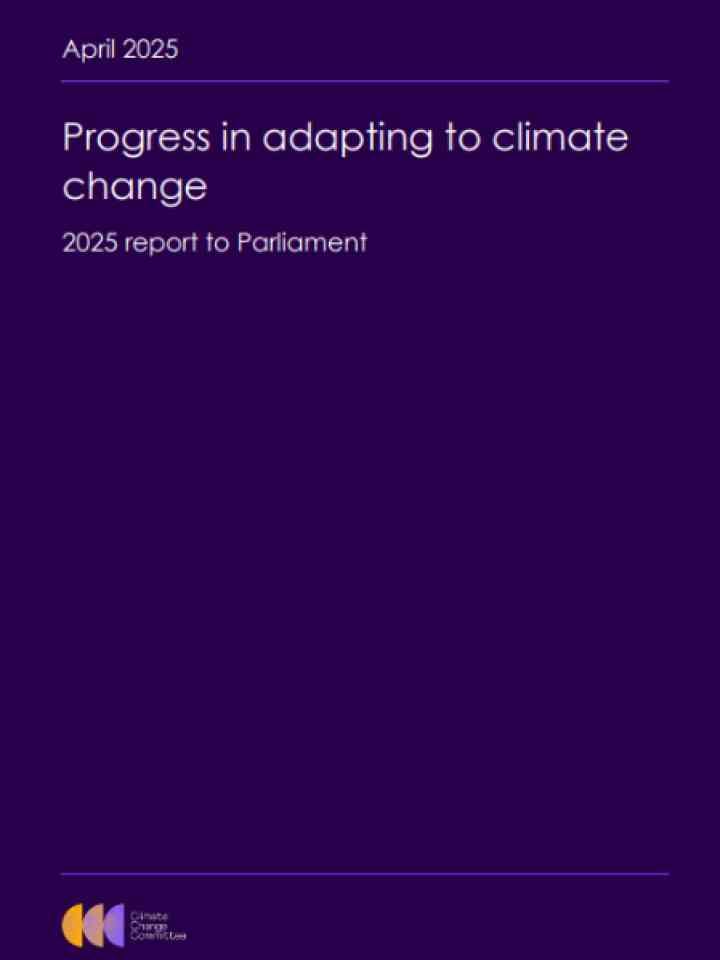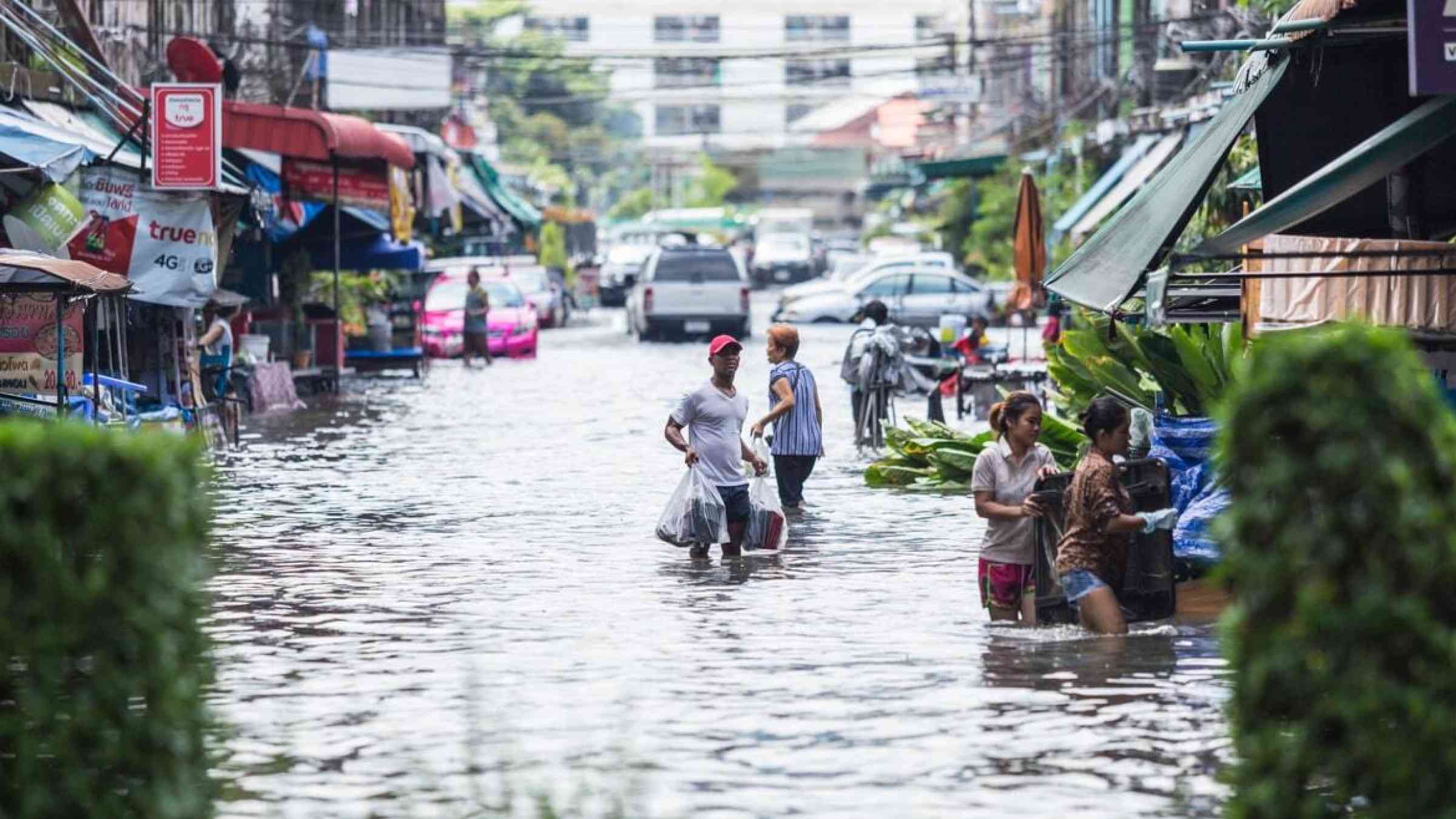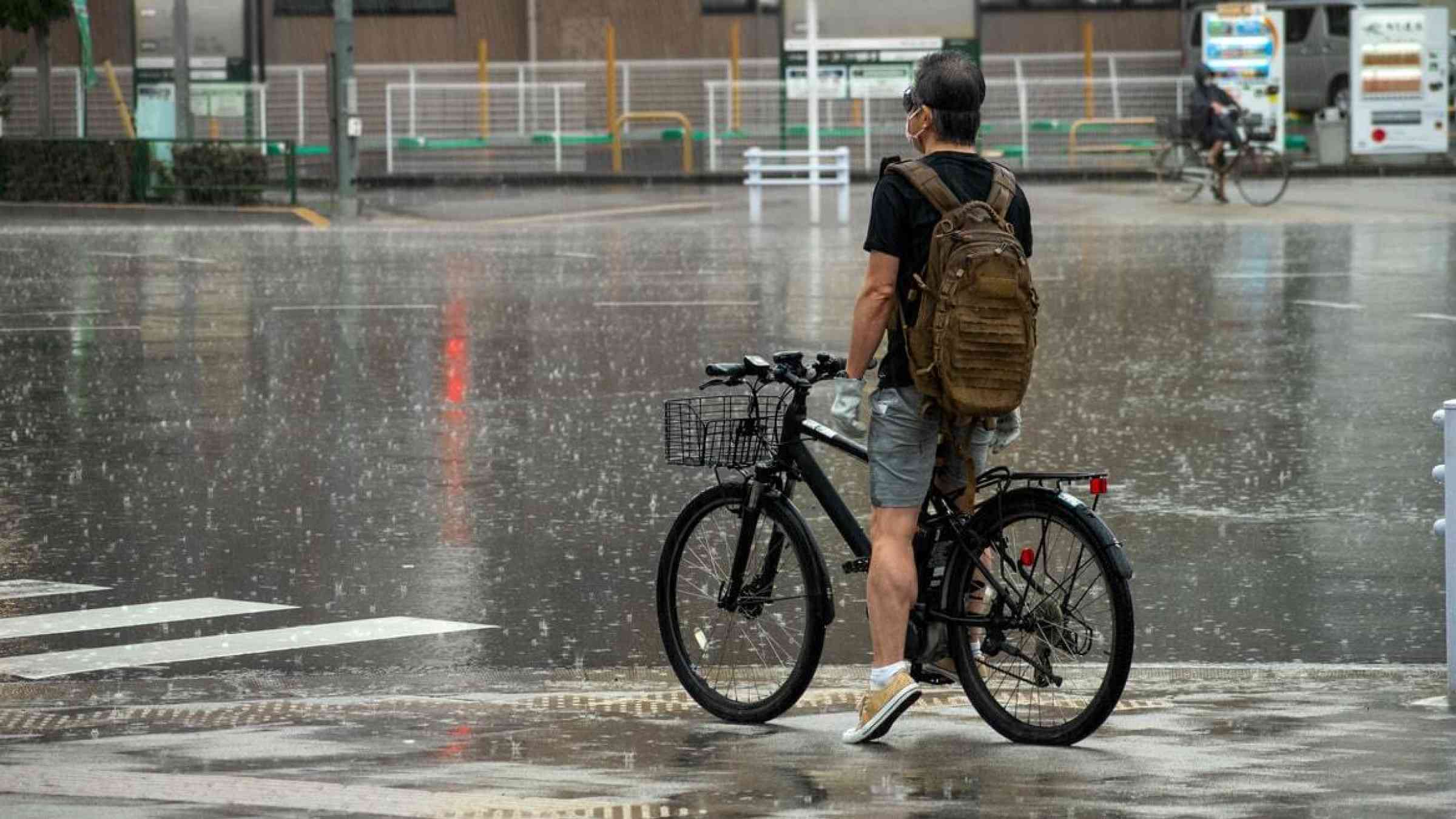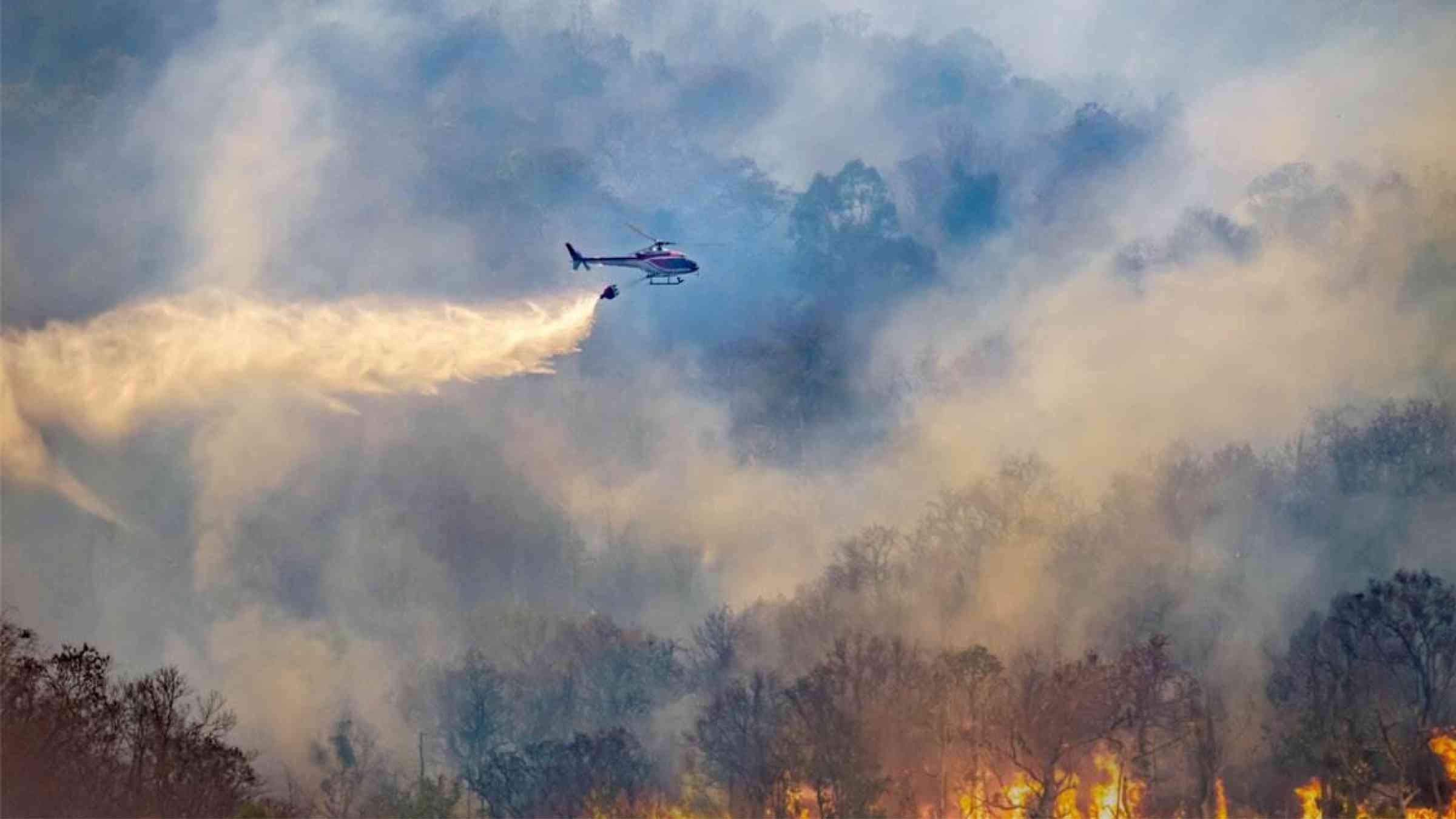Climate change
Climate adaptation for disaster resilience and climate change as a risk driver.
Climate adaptation relates is the process of adjusting in natural or human systems in response to actual or expected climate hazards, which moderates harm or exploits beneficial opportunities. Climate change adaptation is closely related to disaster risk management as they both aim to reduce vulnerability and build resilience to disasters. Climate change as a risk driver refers to how changes in the global climate drive extreme weather events and disaster risk.
Latest Climate change additions in the Knowledge Base







